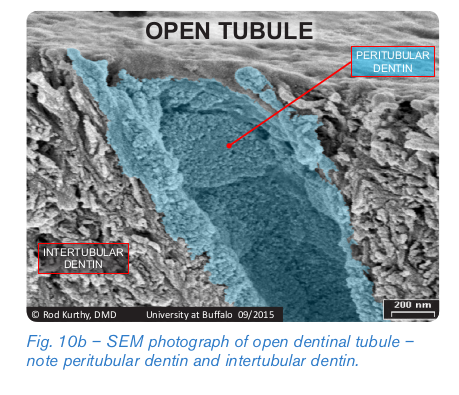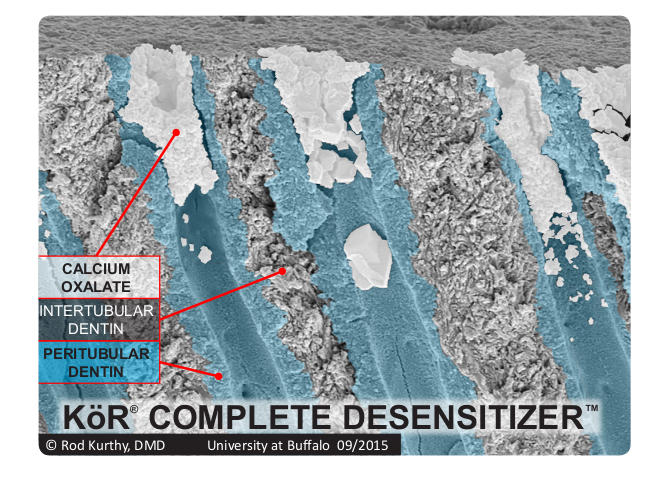Why Does Spinach Make My Teeth Feel Weird?
- David Chen, DDS
- Apr 12, 2022
- 4 min read
Updated: May 19, 2023
Do you love eating spinach but are you wondering why you get "Spinach teeth"? Is that normal and is it safe for me? Should I be doing something different when eating the leafy green vegetable?
Table of Contents
What is Spinach Teeth?
Do you get that chalky and gritty feeling on your teeth when you eat spinach? It is also sometimes characterized as an unpleasant dry film coating your teeth. That weird feeling you get on your teeth is often called spinach teeth. If you didn't know what it was called before, now you do!
What causes that weird feeling on your teeth?
The sole cause of that weird sensation actually comes from an antinutrient within the leafy green vegetable called oxalic acid.
Compared to other crops, this vegetable contains a very large amount of oxalic acid.
It is called an anti nutrient because it actually blocks the body from absorbing it.
These crystals stick to your teeth and give it that gritty and tannic feeling which we perceive as a bitter taste.
Our saliva serves as a reservoir for calcium, which are used to remineralize teeth when the pH level drops. The calcium in the saliva combines with oxalic acid to form calcium oxalate crystals.
These new crystals do not dissolve in water making them insoluble.
The crystals will stick onto your teeth, giving you that chalky and gritty feeling.
The calcium oxalate crystals will also float around your mouth giving you that overall weird sensation as well.
Is it safe for me to get that weird teeth feeling?
Since you were so astute in noticing that the compound has the word acid in it, you may be wondering if it is bad for your teeth. We all know that acids and all acidic foods can cause enamel erosion so does oxalic acid erode your teeth enamel?
It is actually perfectly safe for your teeth because the pH level of cooked spinach is close to neutral.
Cavities only start forming when the pH drops into the acidic range of below 5.5
The calcium crystals that form actually help in reducing teeth sensitivity since it creates an extra layer on top of your teeth. The acids secreted by cavity causing bacteria will damage this new layer instead of your enamel.
Believe it or not, the calcium oxalate is actually the main ingredient used in some teeth desensitizers for whitening treatments.
We know that the KoR Whitening desensitizer uses it to reduce and block teeth sensitivity during the procedure.
The crystals will plug the dentinal tubules to prevent stimuli from reaching the pulp.
Exception to the rule
For people who are at high risk of kidney stones, you may want to be wary of the amount of spinach that you consume or possibly eliminate it from your diet.
The crystal byproducts that form in your saliva can come together and form calcium oxalate stones. These stones can cause blockages, resulting in what we call kidney stones.
According to Harvard University, they recommend avoiding these stone forming foods. Here is what they recommend for preventing kidney stones:
Drink plenty of water
Eat lots of foods that are rich in calcium
Reduce your sodium intake
Eat animal protein sparingly
Avoid stone forming foods
Health benefits of spinach
With that being said, the leafy vegetable is actually great for your body and very nutritous.
Packed with vitamin B3
Magnesium
Iron
Manganese
Vitamin C
Vitamin A
Vitamin K
Beta carotene
Calcium
In fact, this isn't the only vegetable that contains oxalic acid, plenty of others have it as well, albeit in much smaller quantities.
Beets
Rhubarbs
Strawberries,
Nuts
Chocolate
Tea
Wheat bran
All dried beans
Never knew that did you? Who would've known that you can get the same sensation from eating strawberries, a fruit. Its just that the concentration is not high enough for you to notice the chalky gritty feeling on your teeth.
How do I get rid of spinach teeth?
You're probably still reading because you don't like that feeling on your teeth but you like eating the plant. The good news is that there are a couple of ways of reducing that feeling or making it barely noticeable just by the way you cook it.
You can squeeze some lemon juice over the raw or cooked spinach. The acid from the lemon juice will help to dissolve the oxalate and decrease the amount that sticks to your teeth.
Steam the spinach and drain the excess water.
Adding yogurt to the cooked spinach but we've heard that it gives the dish a weird texture afterwards!
Boiling or blanching it. Supposedly this gives the best result.
Based on people who've tried it, all four of these methods did not completely eliminate the feeling but did help in reducing it.
Last but not least, the United States Department of Agriculture are attempting to breed a new form of spinach with lower levels of oxalic acid. They've already identified about 8 varieties that have lower levels of the acid.
Take away
The spinach teeth sensation comes from the high concentration of oxalic acid in the vegetable. It is completely harmless for most people except for those with high risk of developing kidney stones. Recommendations are to reduce the amount of oxalate intake.
Last but not least, don't forget to brush your teeth for at least two minutes after you meal if you really don't like that feeling! Remember to go in for your 6 month dental check up!







